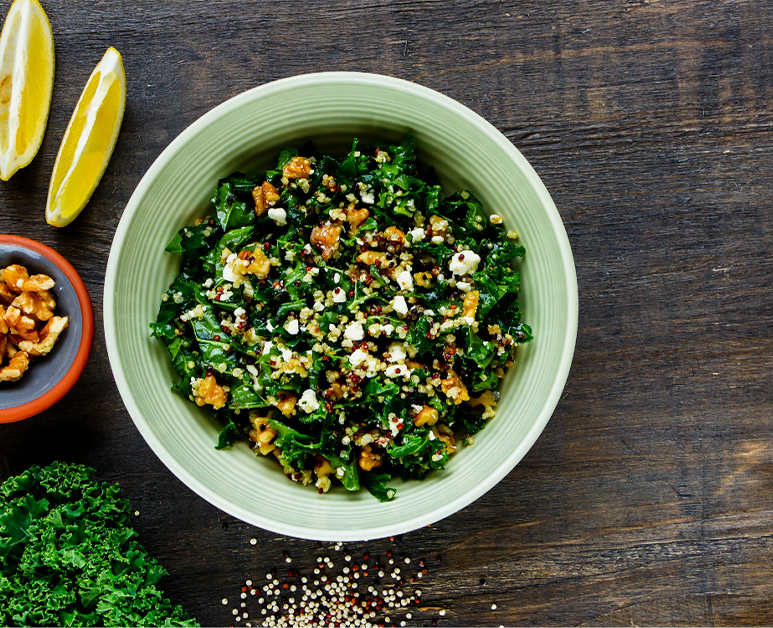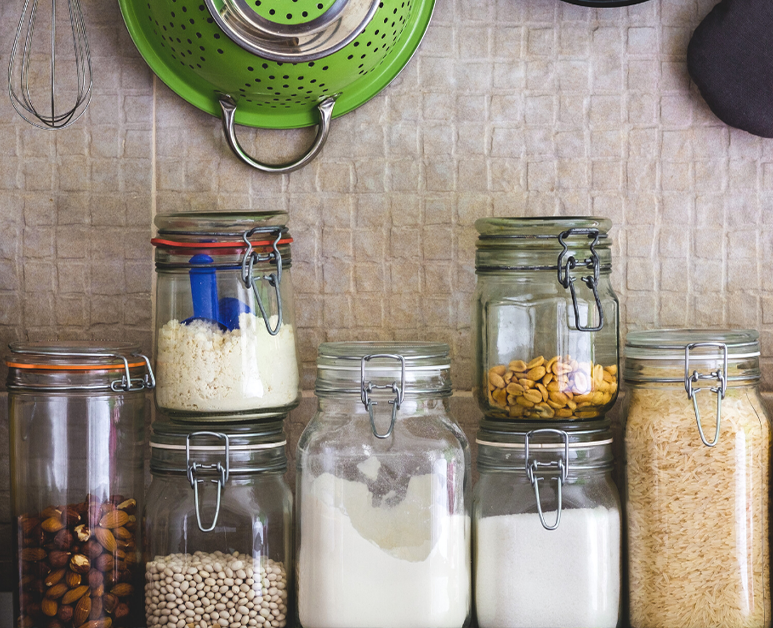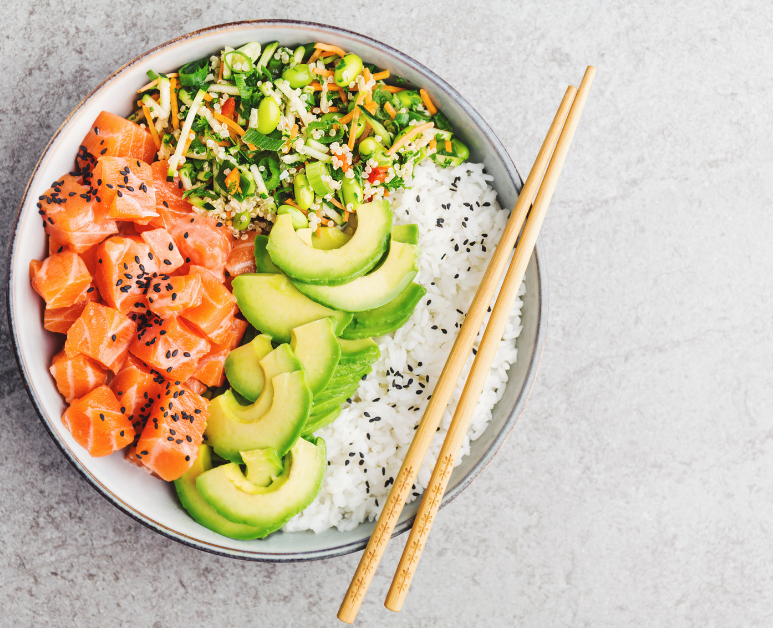Why Grass-Fed, Grass-Finished Beef Matters

Back in the day, we actually had to work to put our food on the table. Today, we can drive to a fast-food restaurant or a grocery store within a matter of minutes. It's incredible how different our lives have become.
Although, as the food industry has ramped-up production to meet global food demands, this has come at the cost of our health and the well-being of our planet.
Conventionally Raised Cattle
Conventionally raised beef is problematic for a few reasons. First and foremost, cattle are often raised in stressful living conditions, where they are squeezed together in feedlots. The animals are typically injected with hormones, given antibiotics, and fed GMO grain to grow bigger faster, in order reach the consumer sooner. While this is great from a convenience standpoint, it’s problematic for our health because we eat what the animal eats: antibiotics, hormones, GMO grains, and even the high-stress hormones that were made in the cow due to its stressful living conditions. Additionally, the fat content and omega 6 to omega 3 ratio are much higher in conventionally raised beef, as the animal is fed a grain-heavy diet. This makes the meat more of an inflammatory food when we consume it.
The Greenhouse Effect
The livestock sector as a whole is contributing to the greenhouse effect, but cattle in particular produce an incredible amount of methane and require more natural resources. In fact, one cow can produce up to 120kg of methane a year, which is a lot of methane given that there are over 1.5 billion cattle on the planet. Conventionally raised livestock also contribute to soil erosion, water pollution, and other concerns that threaten human health and the well-being of the planet. It is important for mitigation strategies to work towards creating more sustainable livestock raising practices such as those carried out by farmers who raise organic, grass-fed & finished cattle.
Grass-Fed, Grass-Finished Livestock
The term “finishing” refers to the final stage of an animal’s life prior to arriving at the slaughterhouse. Grain-finished cows are finished on unnatural, GMO grain. Thus, the label “grass-fed” can be deceiving as a cow can live part of its life grazing on grass and another part of its life eating grain. Grass-finished refers to cattle that were only fed grass for their entire lives and were never given hormones or antibiotics.
These cows often live less stressful lives as they are raised on pastures, grazing freely.
Grass-Finished Beef Is:
- Less fatty and cleaner for our bodies
- Lower in omega-6 to omega-3 fatty acids (less inflammatory)
- Has more CLA (conjugated linolenic acid), which is tied to improving immunity and having anti-inflammation benefits.
Better Choice For The Planet
Interestingly, grass fed & finished beef helps to manage an ecosystem. In the soil of grasslands live millions of microorganisms: microbes, fungi, and nematodes. Thus, rotational cattle grazing actually helps to manage this ecosystem and sequester carbon. Organic, sustainably-raised, grass-fed & finished beef, has a smaller carbon footprint than conventional beef practices, helps support soil health, and replenishes natural ecosystems for cleaner water and air without using any toxic pesticides.
Strive To Be A Conscious Consumer
If you consume beef frequently, the quality of the beef you buy does make a difference when it comes to its taste, your health, and the well-being of the planet. We understand that grass-fed, grass-finished meat is more expensive but in the long-run, opting for the higher quality, more ethically raised, sustainable meat will always the better option.
Leave a comment
Comments will be approved before showing up.
Also in Recipes & Blog

Spice Up Your Grains | A Simple Colorado Spice Cooking Hack

8 Ways To Make Everyday Cooking So Much Easier


